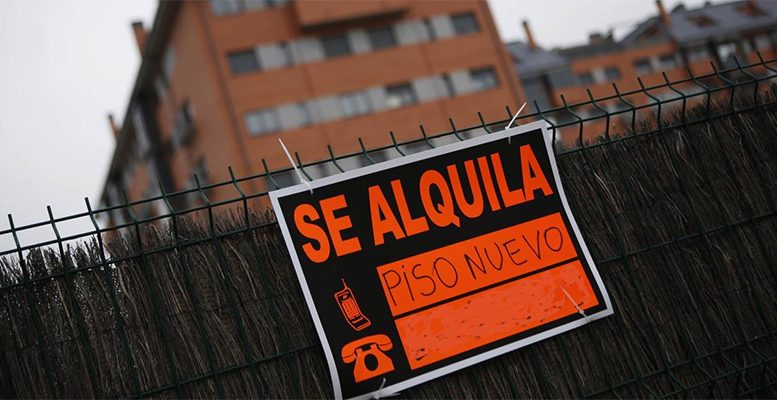The arrival of the pandemic and the state of alarm in March 2020 has produced a mixed effect in terms of housing prices. And the greatest impact has been seen in the rental market. According to data from the real estate website Idealista, the average rent in Spain as a whole stood at the end of February at 10.8 euros/m2, which reflects a drop in prices in monthly, quarterly and annual terms. In the last 12 months, rents have fallen by 2%, while the supply of apartments for rent has soared, even multiplying in some areas of the country.
When it comes to improving the rental market, the parties in the government coalition, PSOE-Unidas Podemos, have very different conceptions. Through the future Housing Law, the approval of which has already suffered several delays, they intend to include mechanisms to help control rental prices on an ad hoc basis and in the most stressed areas. With these premises, Pablo Iglesias’ party is demanding the establishment of limits on rental market prices, similar to those applied in Catalonia since last September, and in which not all leases are affected. Nor does the price cap apply to the entire Catalan territory.
However, the socialist part of the government has confirmed that they prefers to fiscally stimulate those owners who rent below the prices set by reference indexes. For example, that published by the Ministry of Transport, Mobility and Urban Agenda.
In Berlin, the rent regulation introduced by the German federal government (‘Mietpreisbremse’) seems to have managed to curb the rise in prices in the capital. But it hasnot reduced the supply of rents or investment in new construction, according to the conclusions of the evaluation carried out by the German Institute for Economic Research (DIW Berlin).
In Spain, most of the rental properties belong to private individuals, many of whom have placed their investments and savings in the real estate market. Taking this into account, for many experts in the real estate sector the solution, although difficult, is that the Spanish public administrations decide to make a non-refundable investment in public housing, which in no way forms part of the real estate market, nor is it incorporated there at a later stage.





